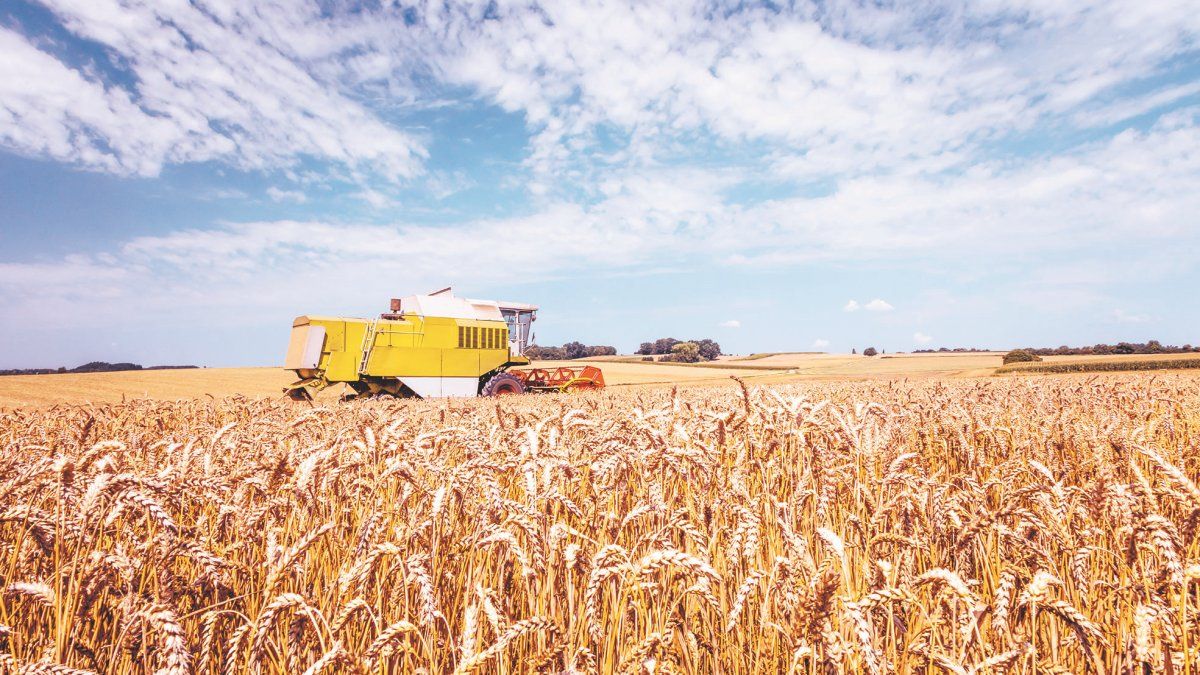…what The production of Argentine wheat and also that of pasta is less polluting for the environment than the European one, according to a study recently completed by INTA and INTI, on the Carbon Footprint of cereal, which was released in a ArgenTrigo meeting in which it was shown that, according to the results, the emission levels of CO2 eq (carbon dioxide equivalent) of the wheat chain are below international values. Although part of the low values is due to the relatively low use of fertilizers, nitrogen fertilization is the most important point on which to act to further reduce the carbon footprint in the field. One of the ways to achieve this objective is the introduction of legumes in crop rotation, they say from ArgenTrigo. The second most important point for reducing the carbon footprint is the consumption of diesel in agricultural production processes. For this, the choice of the tillage system is key, as well as the appropriate tractor and its maintenance. The most important data, however, is on the differential market values achieved by the less polluting products, which in the case of lactal bread on the European continent amounts to US $ 3.49 / kg. of lactal bread “compensated for environmental impact”, vs. u $ s0.85 / kg of that obtained in the traditional way. The same happens with some pasta such as Barilla, which in Italy has an environmental impact of 0.817 / ks, while local noodles are around 0.540 at the consumer level. “This, accompanied by national policies, would allow us to achieve a better positioning of our exports compared to our competitors, and the opening to new markets,” said the head of ArgenTrigo, Cané..
–


